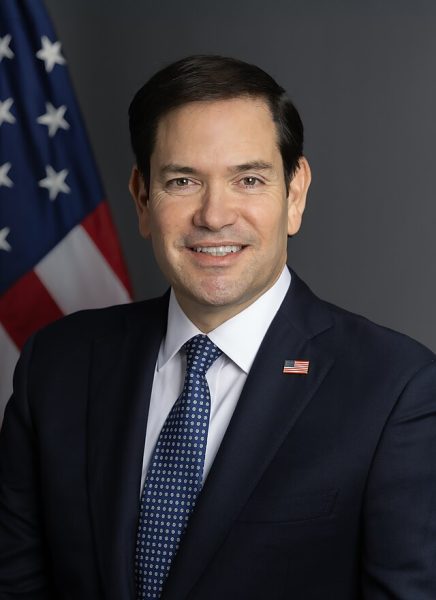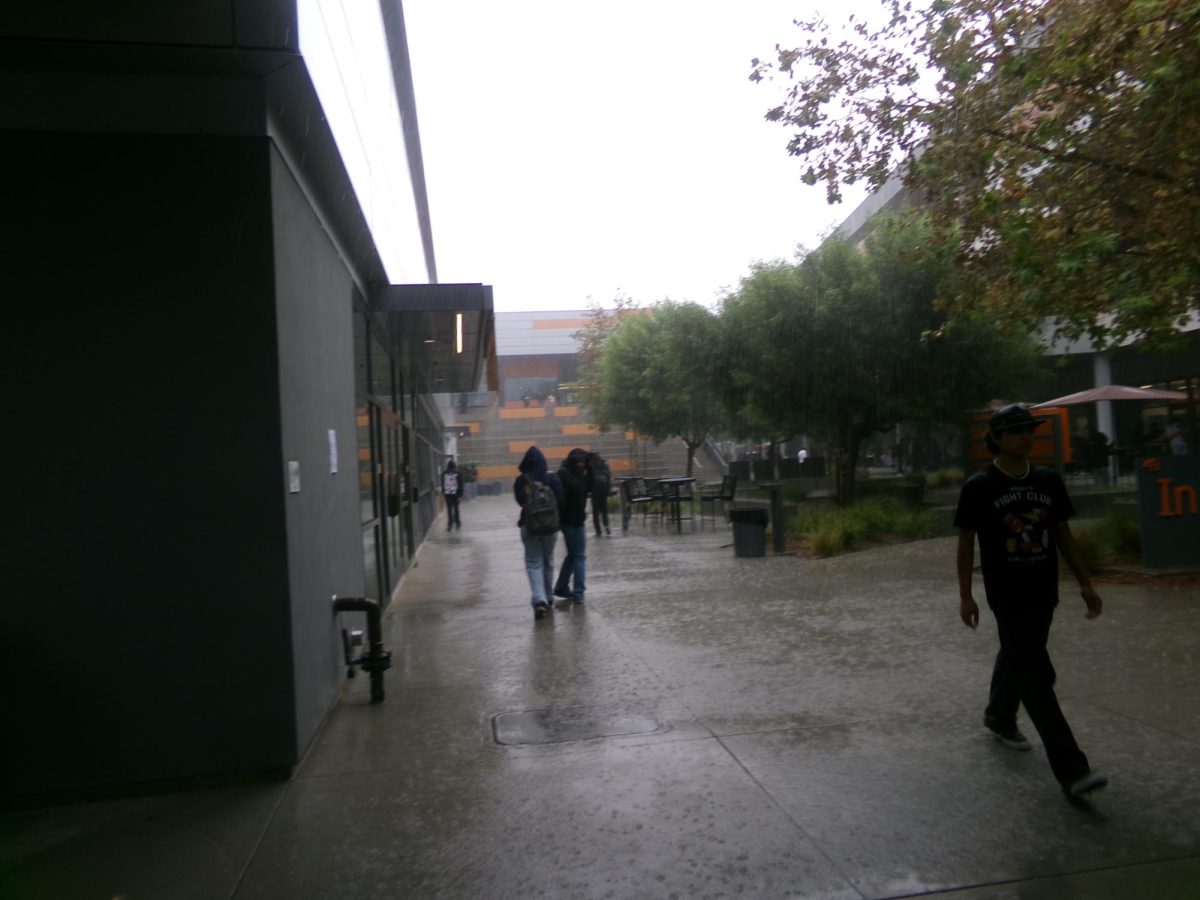In recent months, the United States has seen a significant increase in the revocations of student visas, affecting hundreds of international students across various universities.
These actions have sparked debates concerning national security, freedom of speech, and the transparency of immigration enforcement policies.
The Impact
The Trump administration’s enforcement efforts have led to the abrupt cancellation of student visas for numerous international students. Affected institutions span the nation, including prominent universities in Michigan, Texas, Ohio, and California.
For instance, the University of Michigan reported that 22 students and recent graduates had their visas or residency rights revoked without clear explanations.
Similarly, universities in California have seen over 80 students impacted, raising concerns about the potential deterrent effect on future international applicants.
A senior at ERHS, Rachel Cong, comments, “I am rather confused as to why canceling these students Visas was necessary. I feel pity for those who worked hard to get where they are and now this situation is burdening them.”

Underlying Causes
While some visa revocations are linked to minor infractions such as traffic violations, a notable number are associated with the students’ participation in pro-Palestine protests.
The administration has labeled such activities as supportive of Hamas, a group designated as a terrorist organization by the U.S. government.
To identify individuals involved, the State Department has initiated the “Catch and Revoke” program, which utilizes artificial intelligence to monitor social media accounts for content deemed sympathetic to Hamas.
Legal and Ethical Concerns
The sudden and widespread nature of these visa cancellations has raised significant legal and ethical questions.
Critics argue that the enforcement actions lack transparency and may infringe upon individuals’ rights to free speech and due process. The use of AI to monitor and assess students’ online activities further complicates the discourse, with concerns about privacy violations and potential biases in algorithmic decision-making.
Legal experts contended that these measures could set a concerning precedent for governmental surveillance and control over free expression.
Financial and Educational Implications

Beyond the immediate personal impact on affected students, these visa revocations have broader implications for the U.S. educational system.
International students contribute significantly to university revenues, often paying full tuition and enriching campus diversity. The loss of such students can lead to financial shortfalls and a diminished global reputation for American institutions.
Moreover, the perception of an inhospitable environment for international scholars may deter future applicants, affecting the competitiveness of the U.S. higher education on the world stage.
Sofia Billups, a senior at EHRS, says, “I don’t think that was necessary or done with good intentions. People come here to learn and grow and taking away those opportunities won’t benefit anyone.”
Government’s Position
The Trump administration maintains that these enforcement actions are essential for national security and aligning immigration policies with U.S. foreign interests.
Officials argue that the monitoring of social media and the revocation of visas for those expressing support for designated terrorist organizations are justified measures to protect the nation.
Secretary of State Marco Rubio emphasized that it would be negligent not to utilize available AI tools to assess publicly available information on visa applicants.
In Conclusion
The recent wave of student visa cancellations represents a complex intersection of national security concerns, individual freedoms, and the integrity of the U.S. educational system.
As legal challenges proceed and public discourse continues, it remains to be seen how these policies will evolve and what lasting effects they will have on international student mobility and the broader academic landscape.







